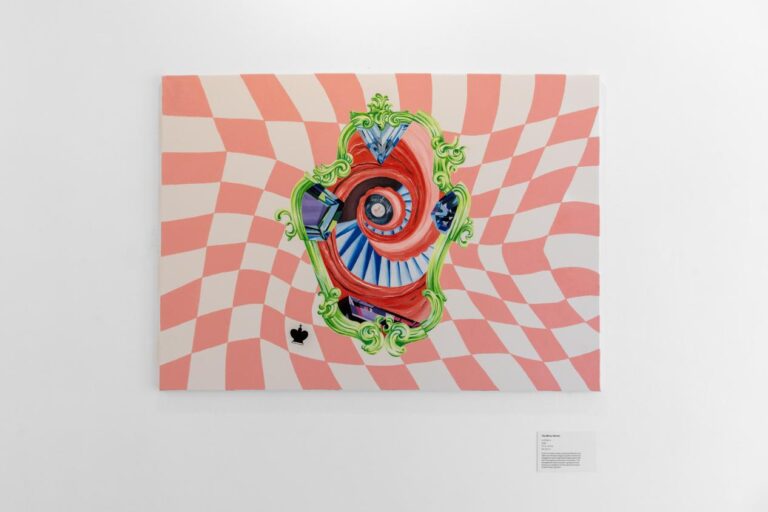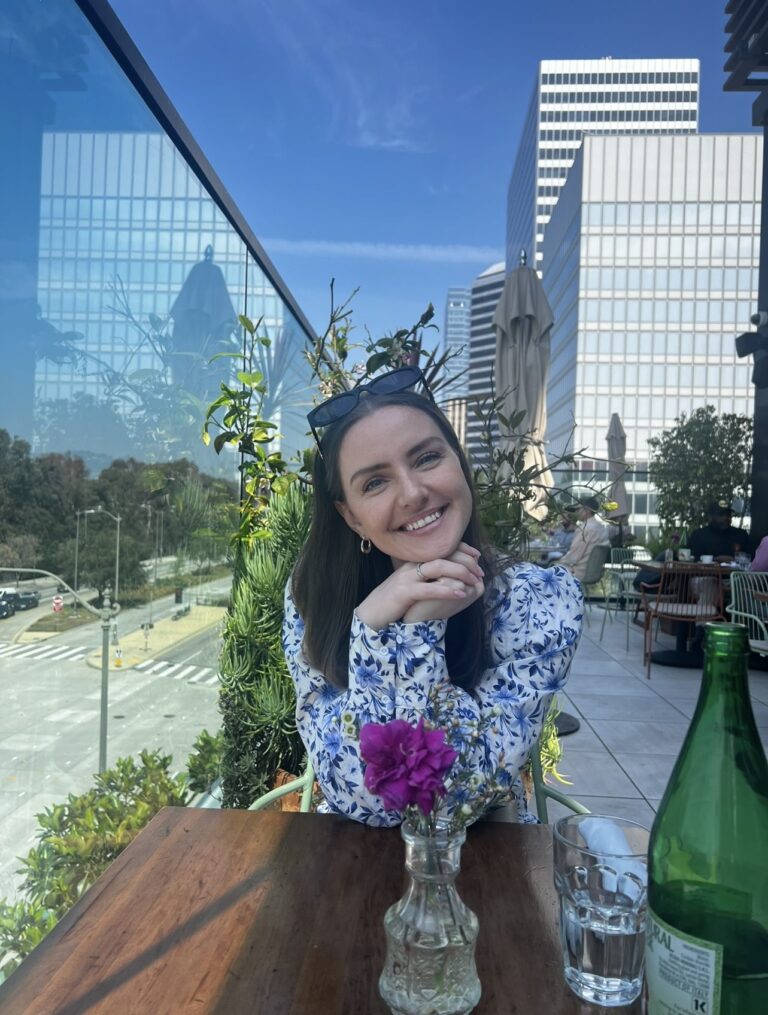What’s the real cost of an unforgettable first impression?
For businesses, every transaction is important, and packaging tends to be an afterthought.
Why packaging is important?
Simply because it’s the first thing your customers see. If your folders, mailers, or kits are generic-looking, there is a high chance customers would perceive your brand as ordinary.
Especially in the competitive marketplace of 2025, customers prefer brands that showcase creativity and offer a touch of personalization.
Want to stand out and be memorable among your customers?
Switch to custom packaging and let your packaging speak volumes without saying a word.
This isn’t just enough to highlight why custom printing is a game changer in 2025. There are many more reasons for this. To know more about it, read the article.
- Brand Consistency Builds Confidence
Consistency is expected from enterprises. It is not a mere preference. The packaging of your product should be just as professional as your site, emails, or sales brochures.
Therefore, it is necessary to project the identity of your brand onto it.
By investing in reliable custom printing, you ensure that logos, colors, and other elements of your imprint appear as you wish. With perfect alignment and quality grade custom printing, you ensure the grade and consistency of each piece is up to the mark.
This degree of control builds the identity of your brand and showcases the level of trust and consistency. Not only this, custom printing offers several benefits: it allows precise color matching, high-quality finishes, and the flexibility to create unique designs tailored to your brand.
When your client opens a package and immediately recognizes it as yours, that’s called brand recall, meaning your investment in custom printing is doing its job.
Be mindful that in a saturated market, being remembered is everything.
- First Impressions Win Deals
Before clients evaluate your product or service, they notice your packaging. A custom presentation folder or branded envelope instantly communicates credibility.
First impressions may decide whether they prefer to engage further or not. Packaging that’s tailored, neat, and aligned with your brand sets a professional tone. It reflects how you treat your work and your customers.
A well-thought-out presentation shows attention to detail and builds faith. Trust is currency, and it often starts with the packaging your customers receive.
- Act as a Silent Sales Tool
Packaging is a silent salesperson. A neat layout, well-organized inserts, and the finest grade of material speak to the client even before they have a chance to meet the team.
It sets expectations for quality and breeds curiosity. Thoughtful packaging can integrate practical touches such as dividers or tabbed folders that maximize effectiveness.
Ease and clarity matter a great deal. If your packaging is confusing to the consumers, your service might seem that way, too. Clients want efficiency, and it starts with presentation.
- Personalization Drives Engagement
As of 2025, generic communication doesn’t drive sales. Custom packaging can be tailored to specific clients or industries, adding a layer of relevance.
Personalized welcome kits, proposal folders, or sample boxes show effort, and effort builds relationships. It tells your client that they are a preference.
When packaging feels personal, it sparks engagement. A smart packaging makes all the difference. Tailoring your materials to specific needs encourages interaction, boosts response rates, and strengthens relationships, key factors that lead to successful connections.
- Sustainability is a Business Expectation
Eco-conscious packaging isn’t a trend; it’s a requirement. Customers prefer sustainability standards and expect businesses to do the same. Recyclable folders, minimalistic packaging designs, and non-toxic inks all play a role.
Showing that your business cares about environmental impact speaks volumes. It strengthens your corporate reputation and aligns you with forward-thinking customers.
Sustainable packaging isn’t just good ethics; it’s smart business. Companies now consider value when choosing who to work with.
- Offers Security and Functionality Matter
Function is just as important as form. In business communications, packaging often carries sensitive documents, promotional materials, or product samples.
Secure folders, reinforced mailers, and organized presentation kits ensure nothing gets lost or damaged. It protects your message and your investment from costly errors.
Functional design can also speed up internal handling and external review, reducing delays and frustration. No one wants to fumble through messy packaging.
Clients expect efficiency at every step, including how they receive and review your materials. That said, remember that custom packaging enhances your overall professional reputation.
- Elevates Unboxing Experience
Unboxing isn’t just for retail anymore. When a client receives your package, whether it’s a welcome kit, proposal, or branded document, it’s an experience. That tactile interaction influences how they feel about your brand.
Clean folds, easy access, and clever layouts all add up. Businesses are now designing packaging with that moment in mind. Because the more enjoyable the experience, the stronger the memory it creates.
Today’s professional relationships are built on experiences, not just deliverables. Your packaging can create a memorable moment that truly stands out and strengthens connections.
Bottomline
Custom packaging is no longer optional for businesses; it’s essential for making a lasting impression on customers.
It strengthens brand identity while improving client experience.
Apart from aesthetics, custom packaging imprints a functional, secure, and environmentally sound experience, which, in today’s fiercely competitive markets, is imperative.
Therefore, partnering with a reliable provider helps you attain high-quality products that showcase the brand’s professionalism.
Thus, embrace custom packaging as a powerful tool to stand out and communicate value.
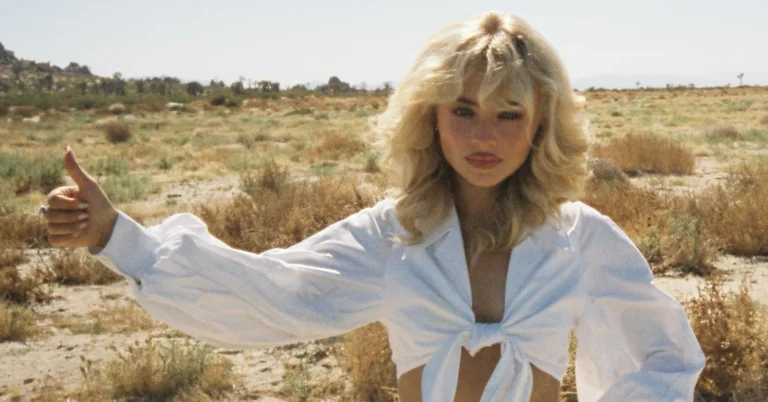

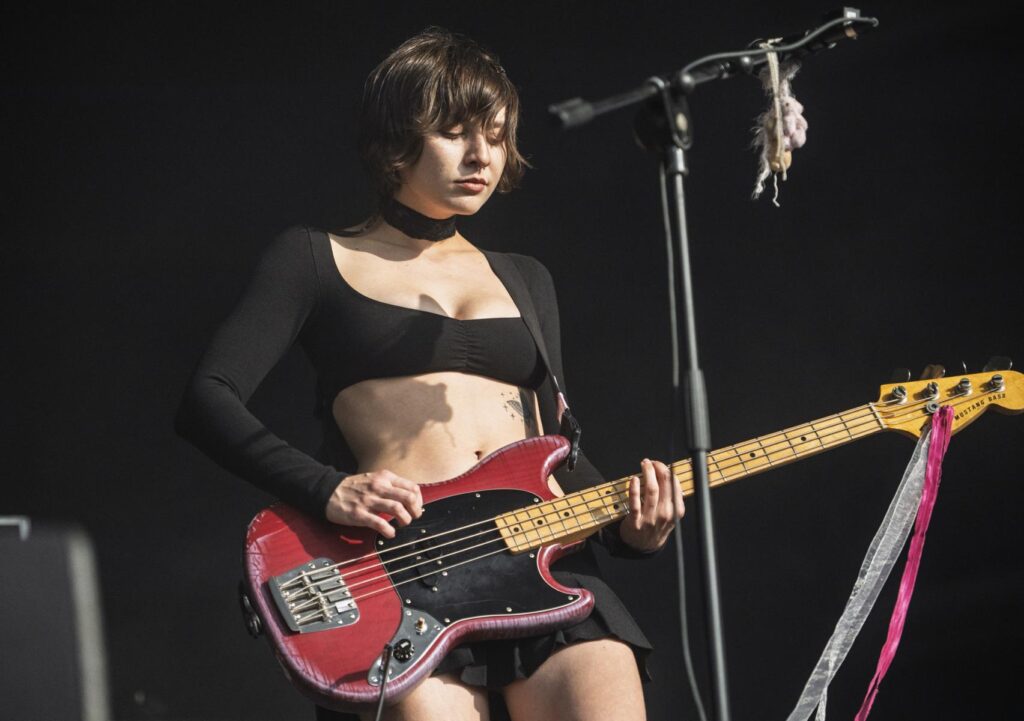


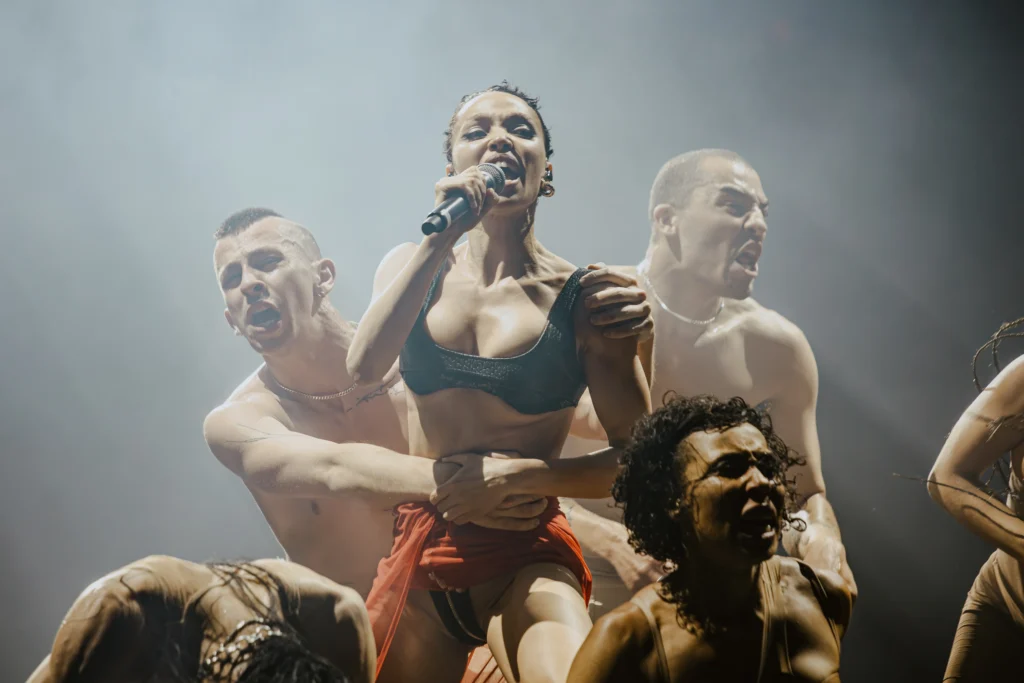



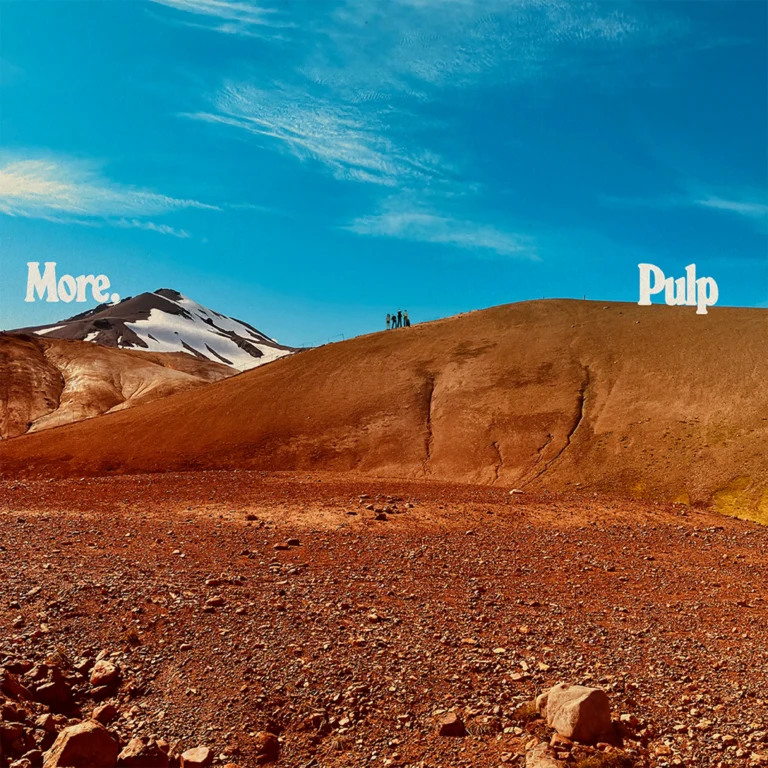
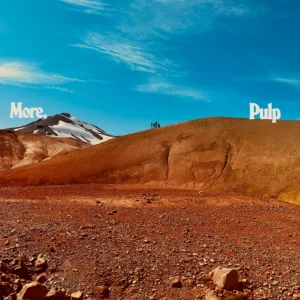 Pulp are back with More, their first album in 24 years. Working with producer James Ford, Jarvis Cocker, drummer Nick Banks, guitarist Mark Webber, and keyboardist Candida Doyle recorded the album in just three weeks at the end of 2024. Though desperation abounds, the record buzzes with romanticism, luxurious production, and Cocker’s typically offbeat humour, as heard in the early singles
Pulp are back with More, their first album in 24 years. Working with producer James Ford, Jarvis Cocker, drummer Nick Banks, guitarist Mark Webber, and keyboardist Candida Doyle recorded the album in just three weeks at the end of 2024. Though desperation abounds, the record buzzes with romanticism, luxurious production, and Cocker’s typically offbeat humour, as heard in the early singles 



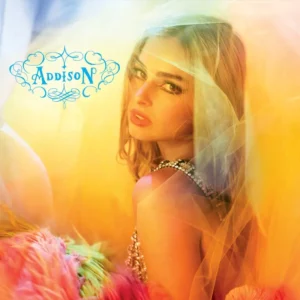 Every single leading up to Addison Rae’s debut album – ‘Diet Pepsi’,
Every single leading up to Addison Rae’s debut album – ‘Diet Pepsi’,  Turnstile return as energized as ever on Never Enough, the follow-up to their 2021 breakthrough Glow On. Ahead of its release, the Baltimore crew previewed the record with the singles
Turnstile return as energized as ever on Never Enough, the follow-up to their 2021 breakthrough Glow On. Ahead of its release, the Baltimore crew previewed the record with the singles 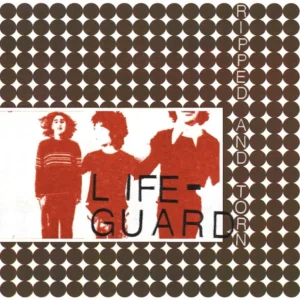 Chicago three-piece Lifeguard have released their debut album,
Chicago three-piece Lifeguard have released their debut album,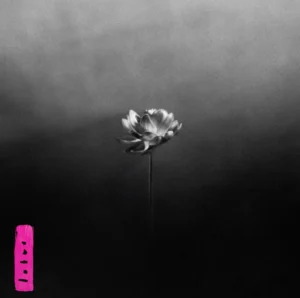 Little Simz has dropped her sixth studio LP,
Little Simz has dropped her sixth studio LP, 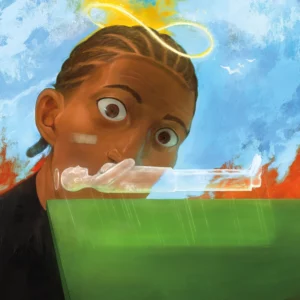 McKinley Dixon’s fifth LP,
McKinley Dixon’s fifth LP, 
